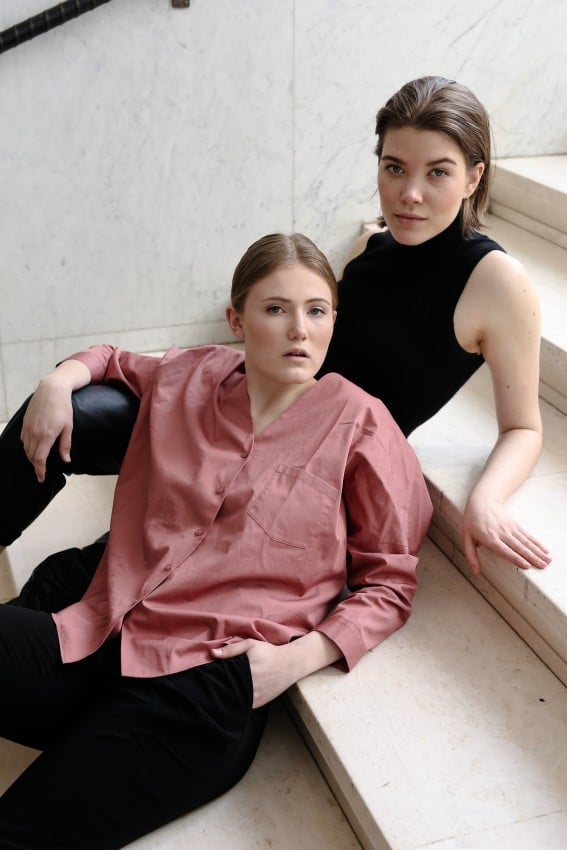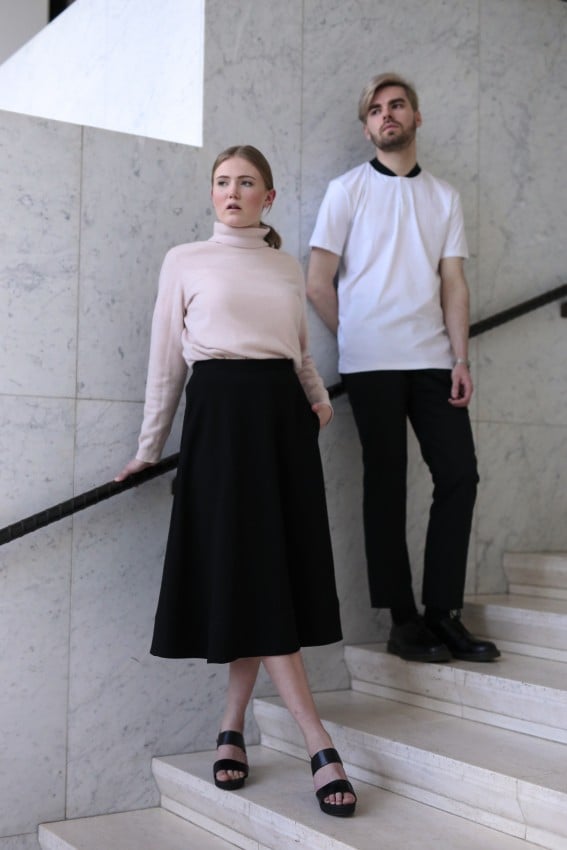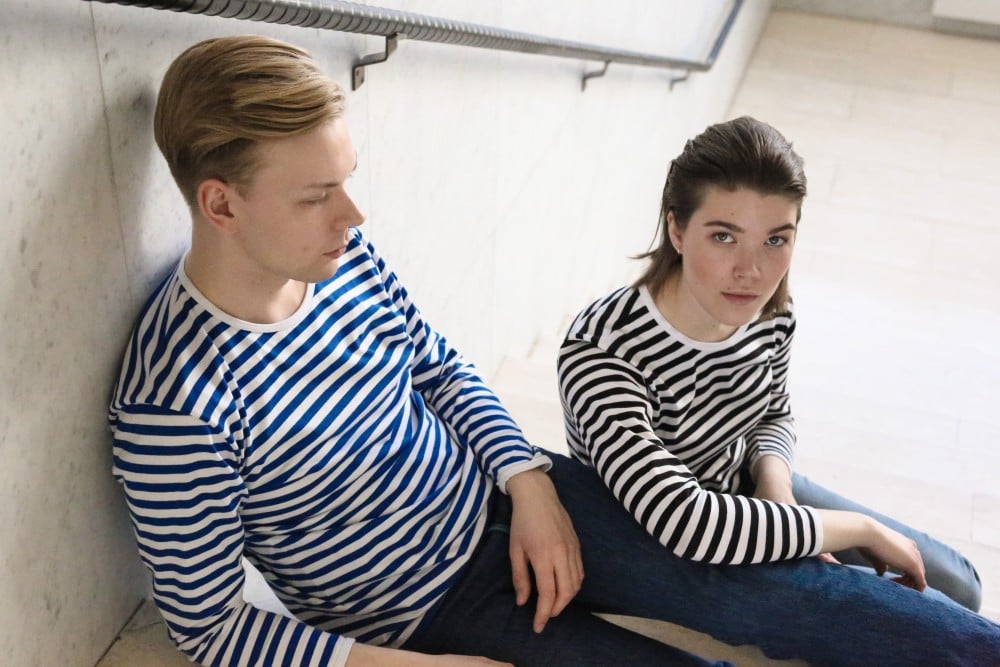Yes: Akshay Bilolikar
For some people, the second week in January feels like the culmination of a lifetime’s thrift; for others, it delivers a nail in the coffin of a dream of academic achievement, success and recognition. Either way, the Oxford acceptance or rejection letter represents a judgement of sorts. Though it may not be a particularly fair judgement, or a judgement with any validity beyond aptitude and interest for a specific degree, it is a judgement which can either inflate someone’s pride or burst it.
Yet ultimately, the unfathomable disappointment which few of us, reading Cherwell, had to feel is overblown. The consequence of an offer letter – a degree from the University of Oxford – is no magic key to the gates of the elite. An Oxford degree will not unlock doors for you, but will rather grease the handles much like any other university degree. Upon graduation there will be opportunities beyond your dreams, but these will be available to graduates from across the world. To just graduate from this university is, rightfully, no free pass to the upper echelons of society.
We all know, however, that an Oxford education is far more than just three years, two sets of exams and one piece of paper. The value of the degree is found not in what you learn from dusty old books but from what you do, what you add to the collective memory of the institution through drama, debating or sport. Few other universities, it’s true, provide opportunities like this one: two student newspapers, the Oxford Union, a vast corpus of budding student politicians. Yet, in spite of this, an Oxford degree specifically will not add value to your person beyond that added by the experience of university in general.
All that you may gain from the social side of university can be gained elsewhere. It is true, undoubtedly, that debating and drama are particularly strong here. But where we are strong in some areas, we are notably lacking in others. Oxford University makes up for its more distinguished societies with a lack of activity in ‘untraditional’ areas. The social dynamics of the University make it hideously unrepresentative; the activities and pastimes of ordinary society are ignored for more intellectual or elite tastes. As much as this may broaden the horizons of some new students, for many more it perpetuates the ultimate harmful stereotype of the Oxford student: the out-of-touch snob.
One source of our snobbery is undoubtedly the tutorial system. It just might make us more capable of running the local council, lending out subprime mortgages or receiving fat pay-cheques than other university graduates, who only ever had to write two or three essays a term. However, the tutorial system is, for all its benefits, no marked creator of a ‘special’ breed of graduate. The graduate of Oxford’s tutorial system may be able to hold it on their own with a world-class academic on a subject, the reading list for which was skimmed at 3 am after returning from Hassan’s, but can be just as unprepared and unsuited for the 9-5, 48 weeks a year slog as the rest of the UK’s university graduates.
Tight deadlines teach you not to hone your skills and engineer a dangerous complacency. The incentives of the tight essay deadline are such: if you do not do it, you will get an angry email; if you put in a full shift and do it really well, you will get a high 2:1; finally, if you put in a half-hearted effort and skim a third of the reading list, you will get a low 2:1. These aren’t the incentives which create productive and valuable graduates; they push you away from conscientiousness towards a cynical mode of work that ultimately stops you developing as an individual, let alone as an employee.
True, deadlines in the real world are tight and unforgiving. Even your grumpy old don is likely to be kinder and more understanding of a missed deadline than the corporate yuppie line manager at Goldman Sachs. Unlike the don, however, the line manager expects high quality, consistent work for which a significant level of preparation has been done. The don knows that undergraduates are chronically under-prepared, and has adjusted for it. Learning to prepare properly is a skill that Oxford, through its tight but ultimately forgiving deadlines, will not teach you.
An Oxford education will not leave you the same as you were before – far from it – but neither will it shape and mould you in such a way as to prepare you for the world of work, or to develop you for whatever else you wish to achieve in life. Just like any other university degree, the roll of paper you will gain upon leaving is certainly worth its weight in gold, just not any more so than any of the other of the world’s universities.
No: Alec Fullerton
For many, receiving that long awaited letter in the post telling you that you’ve been offered a place to attend Oxford University is a dream come true. However, cynics are questioning whether or not a degree at this prestigious sanctuary of academia is actually all it’s cracked up to be.
I am a firm believer that getting into Oxford and studying for a degree here is one of best opportunities you could ever be given and it provides an unparalleled platform for future success. However, what it is not, at least not anymore, is a guaranteed free pass to the high life.
Before diving in, it is first vital to work out what we’re talking about here. There is a significant difference between the actual value of an Oxford degree and our perception of it.
After getting into Oxford (or, as I reluctantly feel forced to admit, Cambridge), it is all too easy to slip into a state of complacency and think that all the hard work is over. You’re set for life. This may well have been true 50 years ago in the glorious (sic) days of nepotism and snobbish discrimination against anyone who wasn’t ‘an Oxford or Cambridge man.’ However, increasingly nowadays this is no longer the case, and nor should it be.
So, although there may exist an unwarranted sense of entitlement amongst some students, not exactly their fault given the overwhelming glorification of Oxford, this shouldn’t detract from the actual benefits that can be reaped from a degree here.
The world class quality of the teaching staff is complemented perfectly by the tutorial system, which, quite simply, is the stand out feature of an Oxford education. It is rare that I’ll come out of a tute without having had my mind blown, left speechless by some subtle point only revealed to me through the intellectual direction of a tutor.
I realised just how lucky I was to benefit from this teaching system near the end of first year, where it only clicked upon walking into the first tute with a new tutor that it was them who had written the seminal text on modern literary theory that I had been dipping into all year.
More importantly though, the daunting experience of tutes is a lesson in coping when you have absolutely no clue what’s going on. They teach you how to respond on the spot under pressure and deal with being underprepared.
The other major defining feature of an Oxford degree is the sheer mountain of work placed in front of you. I’ve often been left in complete dismay after speaking to friends at other universities that whilst I might be struggling through, desperately clinging onto my sanity with two or three essay deadlines in a week, they’d have the same number, if not less, in an entire term. The time management skills these intense eight week work-orgies teach you will prove invaluable in the workplace.
That’s a load of bullshit though isn’t it?
If you manage to balance the Oxford workload correctly, then you’ve definitely got the balance all wrong on your metaphorical work-play scales.
Realistically, since the first essay deadline in week 1 Michaelmas term of your first year, this intense workload teaches you, via a baptism of fire, how to cope with intensely stressful and depressingly recurrent essay crises. This prepares you for the real world where deadlines are tight and unforgiving. Oxford numbs you to the pressure of deadlines and the anxieties of perfectionism, as you become used to the weekly battle, working right up to (and almost always past) the deadline to get a piece of work in.
However, a degree at Oxford isn’t just about the work. I’d argue that the opportunities of living as a student in Oxford are just as important. The sheer array of possibilities on off er is astounding; countless engaging talks and debates, multiple student plays a week, future employers desperately fighting to get you on internship schemes, getting involved in college life and countless initiatives to teach and travel abroad.
Finally, there’s something that’s easily overlooked but, I’d argue, is one of the most beneficial and formative elements of being at Oxford: the people around you- a huge variety of different people, all with one thing in common, a passion for their subject and a desire for knowledge. This creates a truly once in a lifetime atmosphere of intellectual curiosity and it is this very atmosphere that makes Oxford what it is. I urge you all to make the most of it, because if you don’t, one day you’ll be kicking yourself.













